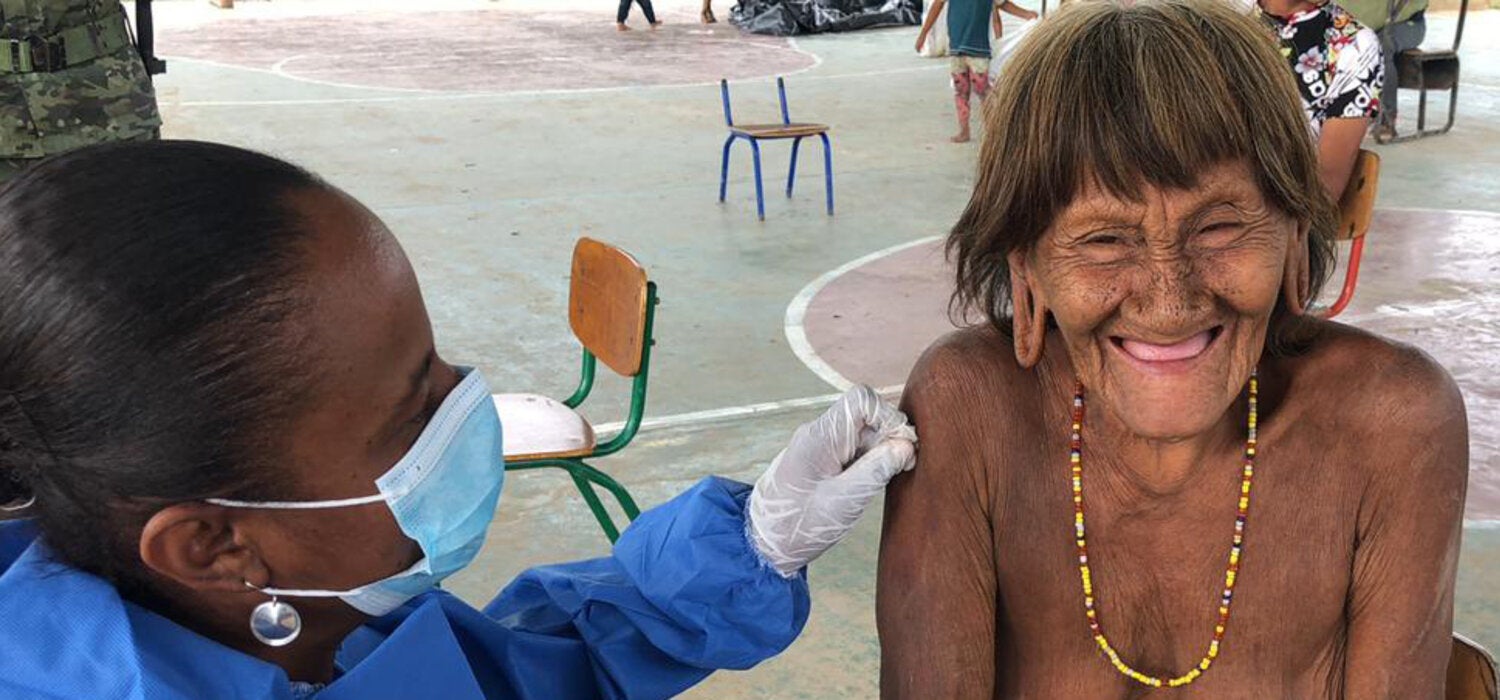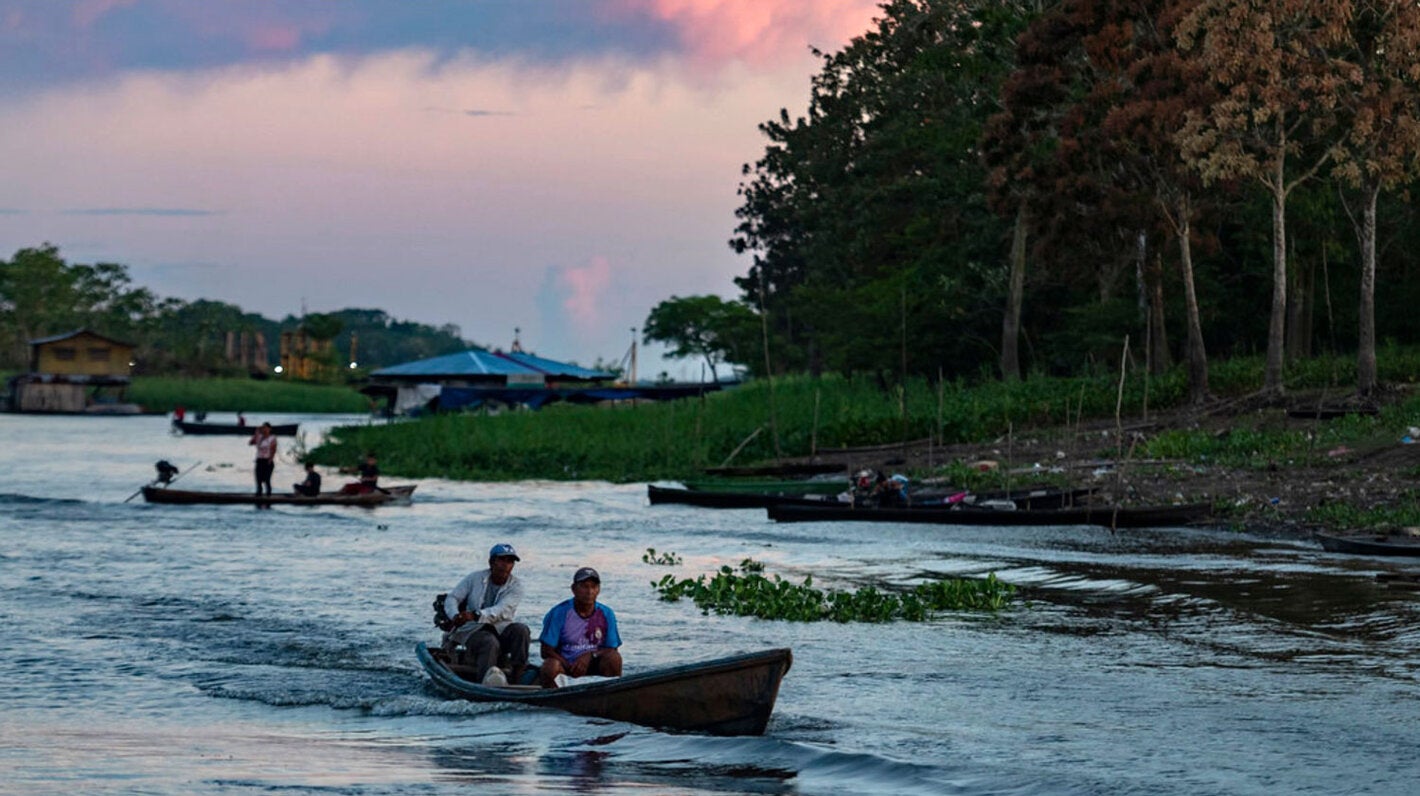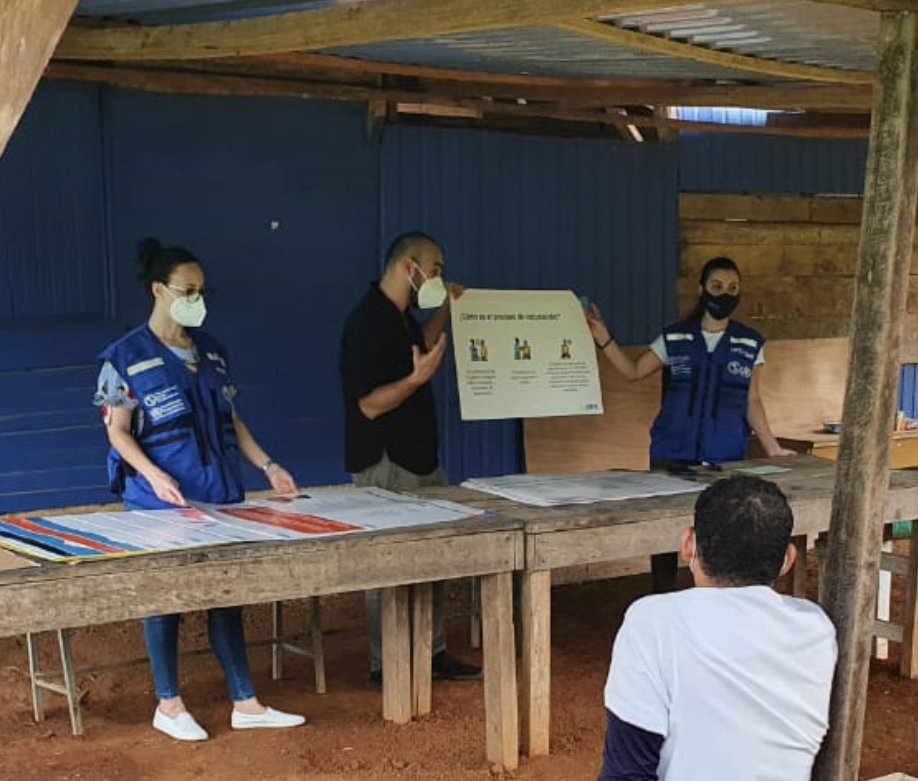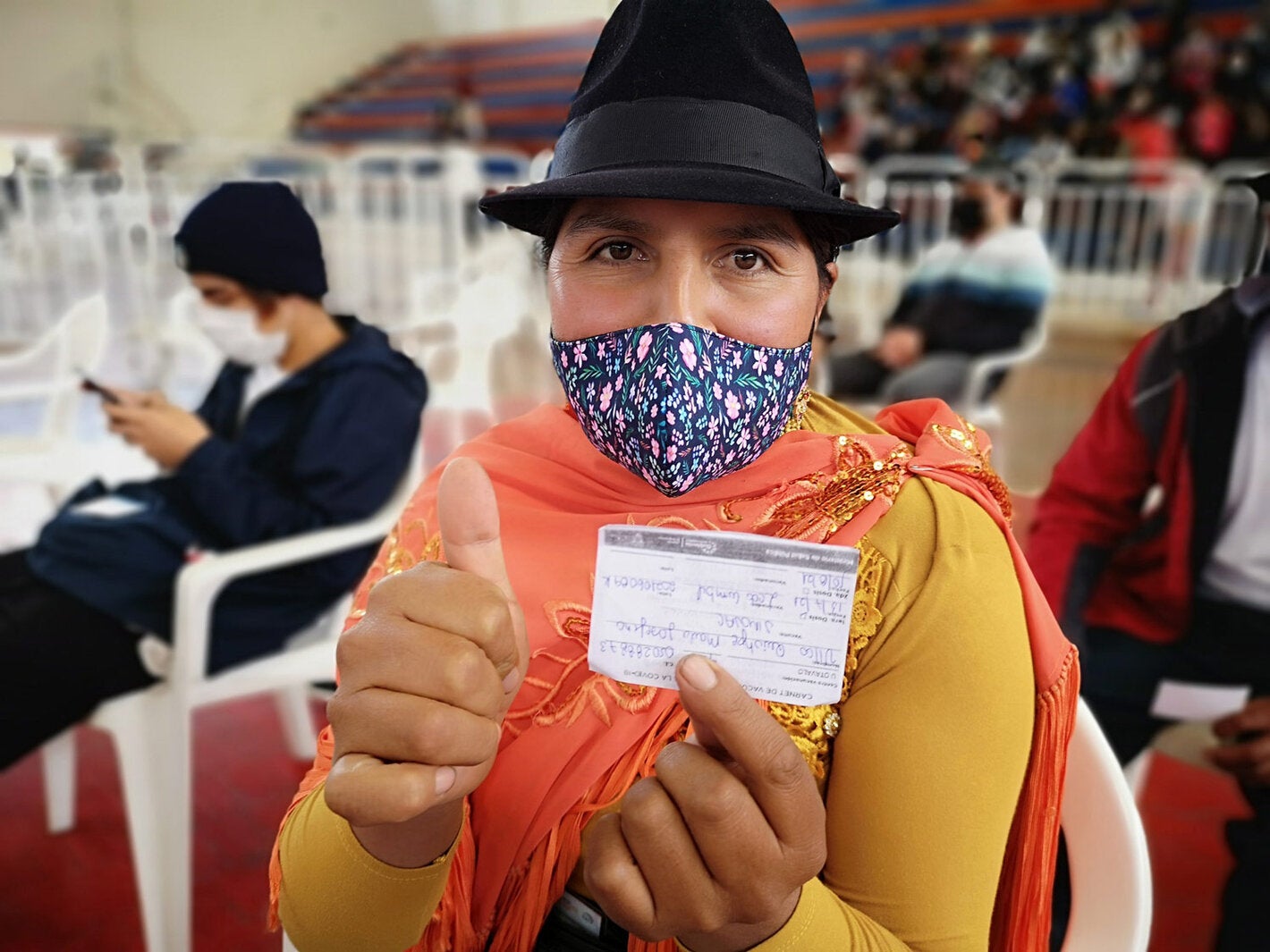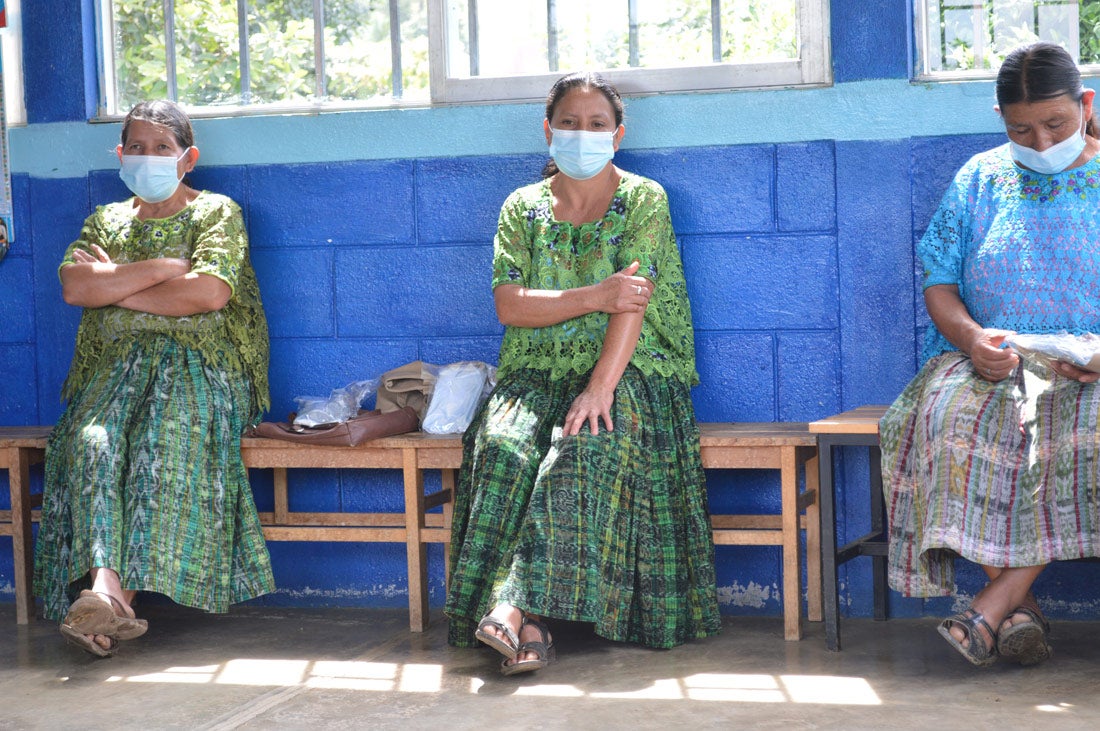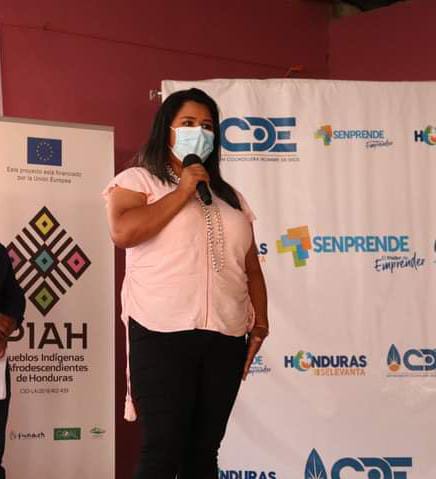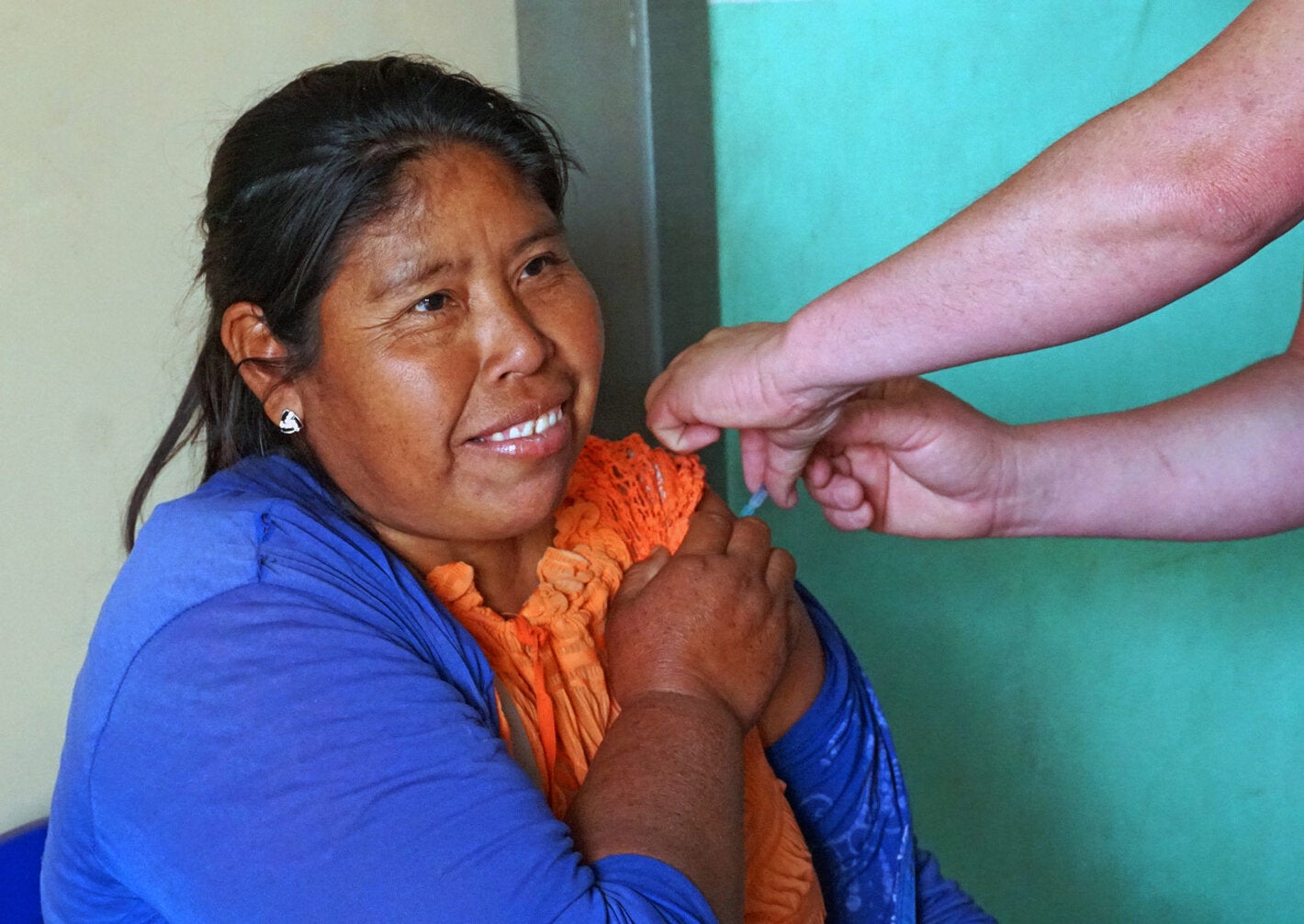August 9, 2021
In the Region of the Americas, the indigenous population is made up of more than 62 million people, with a great diversity of languages, cultures, and traditions.
As of July 2021, 617,000 individuals belonging to indigenous peoples in the region have been infected by COVID-19 and nearly 15,000 have died from complications related to this disease since the beginning of the pandemic.
COVID-19 has exposed and exacerbated many inequalities that already existed, disproportionately affecting populations such as indigenous communities, which were already suffering from poverty, discrimination, or financial insecurity.
With the introduction of vaccines to prevent COVID-19, especially severe illness and death, a light of hope for controlling the pandemic was lit. Seventeen countries in the region have included indigenous peoples in the list of priority groups for vaccination, understanding their vulnerabilities and the community value that prevails in their territories.
Here, a series of experiences that tackle, hand in hand with communities, initiatives to bring vaccination closer to indigenous peoples, many of whom live in remote and isolated areas of Colombia, Costa Rica, Ecuador, Guatemala, Honduras, and Paraguay.

